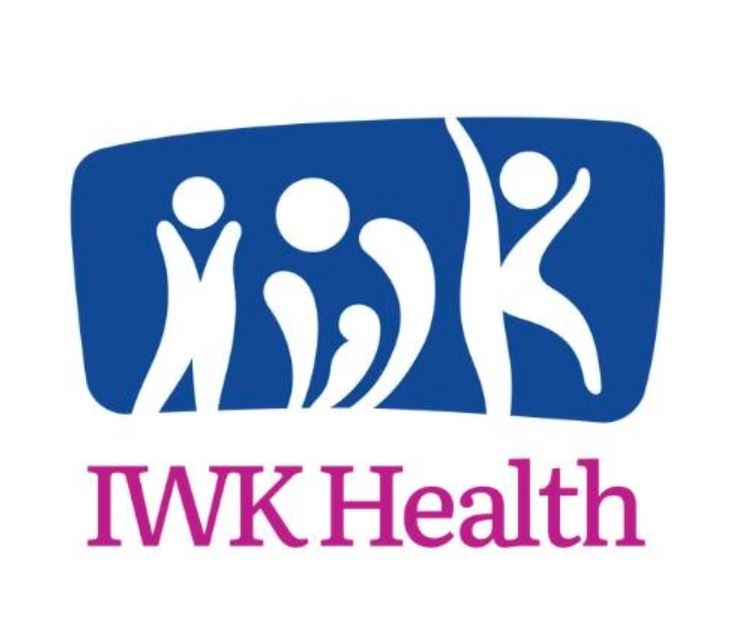In a watershed moment for Atlantic Canadian healthcare, Halifax’s IWK Health Centre unveiled its specialized Breast Health Research Unit yesterday—a $4.3 million initiative poised to revolutionize breast cancer care across Nova Scotia and beyond. The cutting-edge facility represents the culmination of five years of planning and stands as the region’s first comprehensive center dedicated exclusively to breast cancer research innovation.
“This isn’t just another medical facility—it’s a beacon of hope for thousands of Nova Scotian women who deserve world-class breast cancer care without leaving the province,” said Dr. Eleanor Whitman, the unit’s newly appointed director and internationally recognized oncology researcher. “Our mission extends beyond treatment to fundamentally changing how we understand, prevent, and ultimately defeat this disease.”
The state-of-the-art unit will house specialized diagnostic imaging technology previously unavailable in Atlantic Canada, including 3D tomosynthesis mammography systems that can detect cancers at significantly earlier stages than conventional methods. According to CO24 News, the facility will also pioneer minimally invasive biopsy techniques that reduce recovery time and improve patient comfort.
What distinguishes this initiative is its patient-centered research approach. The unit has assembled a multidisciplinary team of oncologists, radiologists, geneticists, and data scientists who will collaborate on clinical trials specifically targeting breast cancer variants most prevalent among Maritime populations.
“We’ve known for years that genetic and environmental factors create unique breast cancer patterns in Atlantic Canada,” explained Dr. Samantha Chen, the unit’s lead geneticist. “Now we finally have the infrastructure to develop treatments tailored to our community’s specific needs rather than applying research conducted primarily on populations from central Canada or the United States.”
Provincial Health Minister Jennifer Mackenzie emphasized the economic dimension of the project during Wednesday’s ribbon-cutting ceremony. “Each year, Nova Scotia spends approximately $12 million sending breast cancer patients to other provinces for specialized care. This facility will not only improve outcomes but redirect those resources back into our healthcare system,” she noted in comments reported by CO24 Canada.
The unit’s establishment received crucial support from the Nova Scotia Breast Cancer Foundation, which contributed $1.8 million through community fundraising efforts. The remainder came from provincial healthcare allocations and private sector partnerships with pharmaceutical firms investing in the center’s research potential.
Community engagement forms a cornerstone of the unit’s operational model. Breast cancer survivors will serve on advisory boards helping to shape research priorities, while a dedicated patient navigator program will guide individuals through treatment protocols and clinical trial opportunities.
“As someone who traveled to Toronto for treatment that wasn’t available here five years ago, I can’t overstate what this means,” said Marilyn DeWolfe, breast cancer survivor and community advocate. “The emotional toll of leaving your support network during the hardest time in your life is immense. Future patients won’t face that same burden.”
The facility launches at a critical juncture for breast cancer care in the region. Nova Scotia currently reports approximately 750 new breast cancer diagnoses annually, with incidence rates having risen 11% over the past decade, according to provincial health statistics. The research unit aims to address this trend through both improved treatment outcomes and enhanced prevention strategies.
Dr. Whitman revealed that the unit’s first major research initiative—set to begin next month—will investigate environmental factors potentially contributing to higher breast cancer rates in specific coastal communities along Nova Scotia’s South Shore.
As the maritime provinces collectively work to address healthcare accessibility challenges, this specialized research unit represents a significant step toward medical self-sufficiency in the region. The question remains: will this model of specialized regional care centers become the blueprint for addressing other critical health challenges facing Atlantic Canadians in the coming decades?














